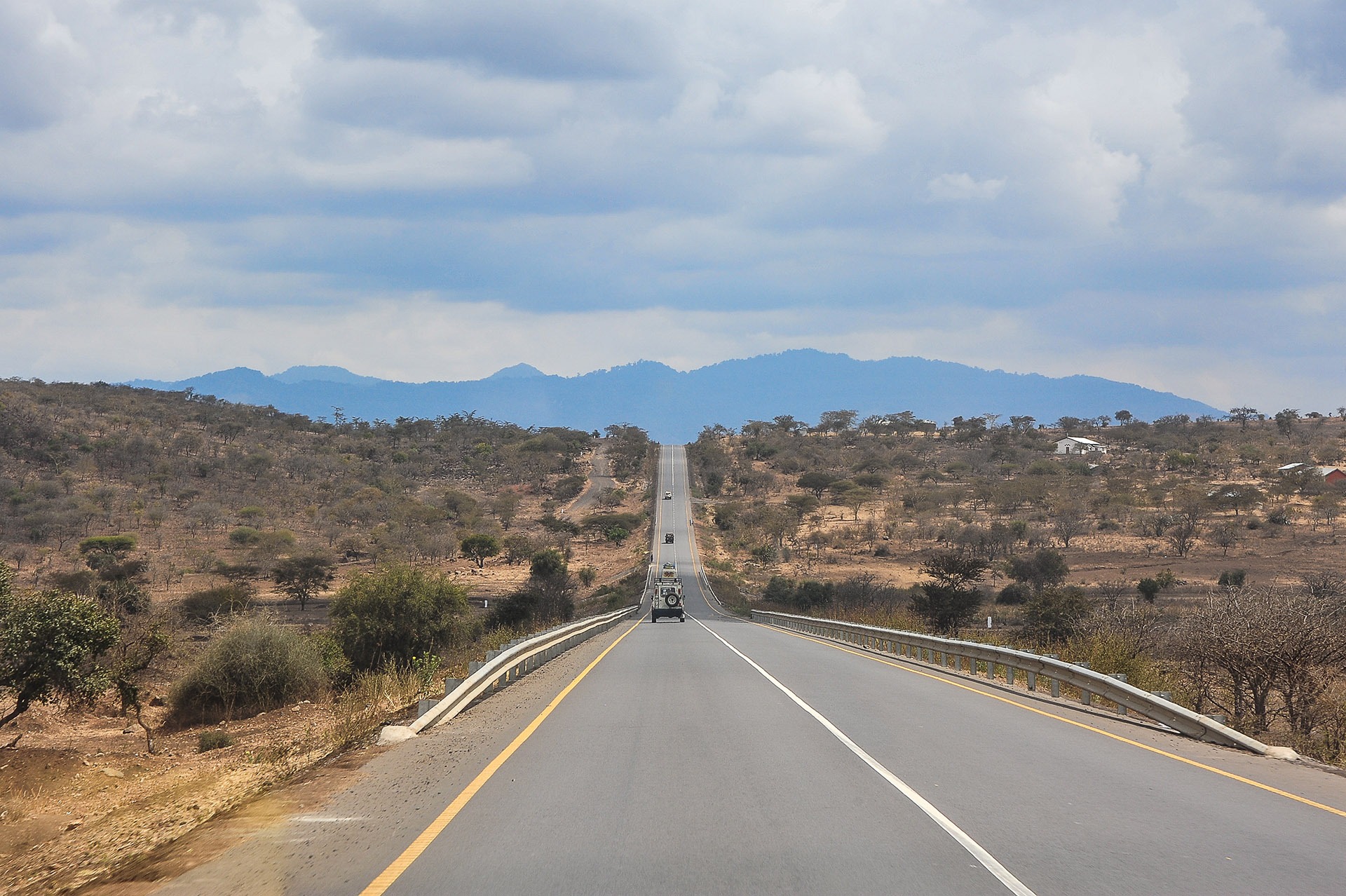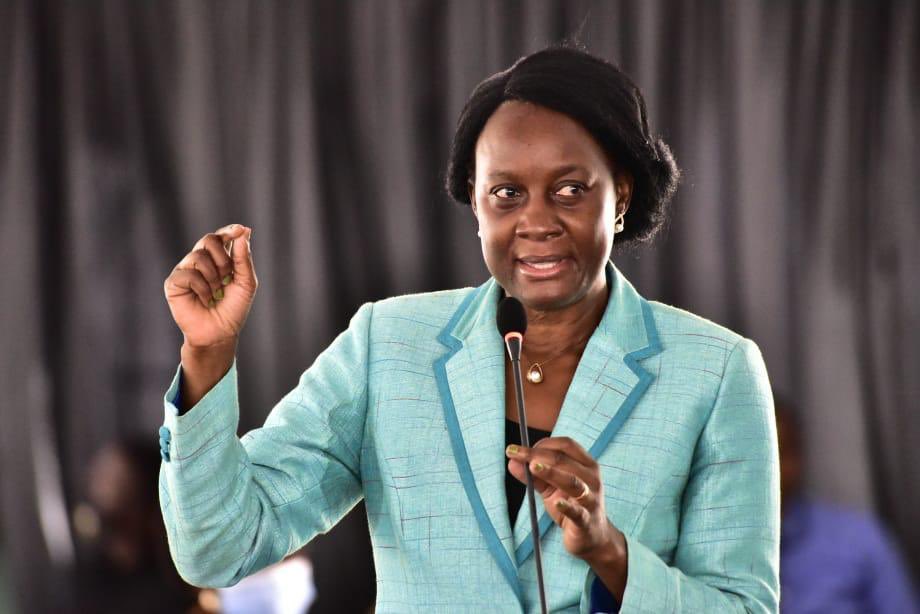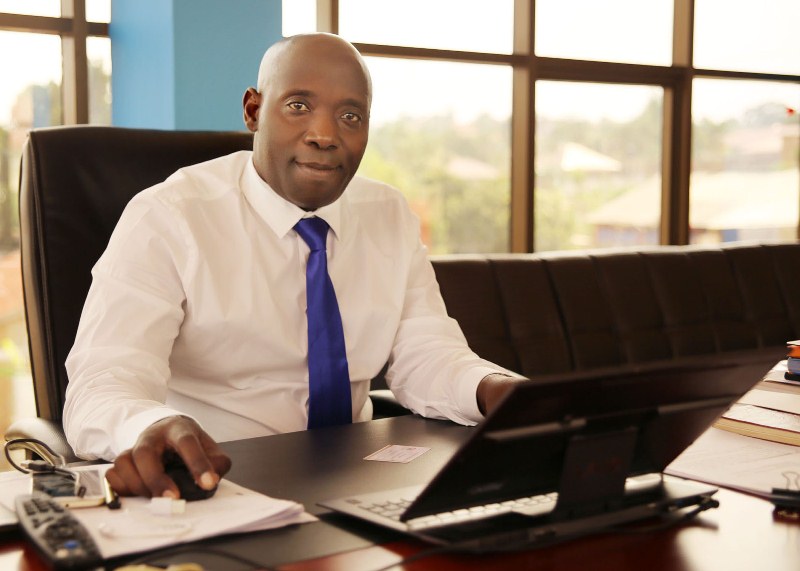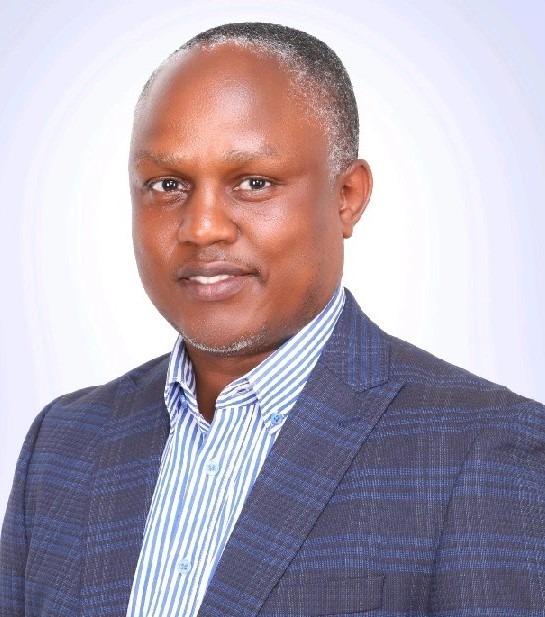The Government of Uganda is in the middle of a restructuring exercise that will see several of its hitherto semi-autonomous agencies scrapped, merged and some re-integrated back to their mother ministries. Under this exercise, the Government has announced that the Uganda National Roads Authority (UNRA) will be re-integrated back to its mother Ministry of Works & Transport as a department. If this happens, UNRA will lose its semi-autonomous status and will then operate as a unit within the bureaucracy of the Ministry. In this article, Nelson Mandela Muhoozi & Daniel Otto hear out various stakeholders on whether UNRA should be reintegrated to the Ministry of Works & Transport or retained as is, and report.
Opinions are divided – while some argue that the performance of the authority has been wanting on a number of fronts and should be dismantled and the model of road network development and maintenance in the country be reworked, others argue that the semi-autonomous agency model (like the current UNRA) remains the best for Uganda for accountability, transparency and commercial archetype.
President Yoweri Museveni has himself recently argued for the dismantling of the authority. He reasoned that instead of having the UNRA model -where the authority is merely a government agency superintending over works by private sector companies, Government should instead explore forming its own construction companies to do its own works – something akin to the China model.
As we have reported before, President Museveni’s frustrations with the current model of undertaking public construction works are around delays in delivery, high costs and corruption.
Those against abolition of the authority argue that re-integrating UNRA back to the Ministry of Works & Transport will defeat the purpose for which it was curved out in the first place, let alone lose the benefits that have been realized from the authority, its shortcomings notwithstanding. It will be tantamount to the proverbial pouring of the bath water, with the baby.
Background and context
To meaningfully engage in the discussion whether UNRA should be retained or not, we need to go back to a short history and context of its formation.
UNRA is a child of the neo-liberalist wave of the late 1990s and early 2000s. Coming from the war ridden 19980s and 90s, most African countries including Uganda, boasted some of the worst road networks in the world. In Uganda at the time (the 1980s and early 1990s), journeys that would normally take a few hours lasted days. Travelling from Mbarara to Kampala by bus on a good day took 14 hours. On a bad day it took a night’s layover on the way, before continuing the following day. The same was the case traveling from, say Soroti in the East, to Kampala via Tororo. The Journey to the farthest points of the country to and from Kampala –like Arua and Moroto were worse, on some bad days, impossible (journeys called off).
The advent of the liberalization and privatization model brought about the thinking that the management of roads construction and development, needed to be done along a private sector model. Running road agencies the independence of the private sector was thought to bring better efficiency, better turnaround time, better rationalization and management of resources (compared to a then demotivated, poorly paid and dis-oriented public service), among others.
UNRA was formed by an Act of Parliament in 2006 as a successor to the then World Bank funded Road Agency Formation Unit (RAFU). It became operational in 2018 with its key mandate being maintaining, managing, developing the national road network and to render advise to Government on road network matters.
Over the years, the authority has delivered some close to 4,000 km of tarmac and put in place a system of ferries connecting different parts of the country. Today, any part of the country is accessible by all-weather road. The 600km journey from Moroto in the far north east, to Kampala can now be done in about 8 hours, all on tarmac road. The same is true of Kisoro in the south west, and Koboko in the north west – and all the short distances in between.
Over the years, however, UNRA’s advantage of semi-independence has also become its Achilles heel. The procurement processes have been bogged down by free market procurement procedures intended to fight corruption, leading to delays in delivery of projects. Because the authority deals with the private sector whose motive is to make profits, the costs of road construction have also in some instances gone over the roof, among other challenges.
These have been the basis of anger especially by President Museveni- delayed delivery of infrastructure and the high costs. Hence his decision to give road projects to the army. It is from this background that the new thought of scrapping UNRA as is, and reintegrating it (really elements of it) to the Ministry of Works & Transport.
Frank Tumwebaze, the current minister of Agriculture, Animal Industries & Fisheries, and Former Minister of ICT and National Guidance, recently argued in a social media post that Government has taken the merger decision because some of the agencies had been duplicating the work of Ministries and that Government stands to save close to Shs1 trillion annually as a result of scrapping and merging some agencies.
However, there are concerns from other sector players on how UNRA would be re-absorbed into the Ministry of Works & Transport without necessarily obliterating its benefits, or even whether it wouldn’t be wise to address UNRA’s challenges to improve its operational efficiency, without having to abolish it semi-autonomous status.
The merger critics argue that UNRA’s establishment came as a pill to the Ministry of Works’ inefficiencies and going back would only be “a return to where we came from.”
The World Bank recently wrote to the Government of Uganda to “seek clarification” whether indeed it was considering scrapping both UNRA and the Uganda Road Fund (URF) – both brain children of the World Bank. The Bank said any such decision would compromise its continued support to the country’s road development efforts. The World Bank currently runs active projects in the country amounting to US$3.9 billion, a majority of which are in infrastructure development.
The other multi-lateral institutions currently investing road infrastructure whose funding is likely to be compromised the UNRA disintegration is the European Union.
Dr. Fred Muhumuza, a Makerere University based economist and former economic advisor to the Minister of Finance, Planning & Economic Development, said the idea behind the formation of UNRA was to create a semi-autonomous agency with the independence and private sector outlook to design, build and maintain roads, so that the Ministry can concentrate on policy formulation, oversight and supervision. He said that UNRA even with all its weaknesses, has performed very well.
He added, “As the President often boasts, one can now drive from any border point of Uganda to another on a smooth paved road. So why is Government dismantling a successful organization and taking it back to its parent Ministry? How is it duplicating the functions of policy at the Ministry of Works? How does its dismantling improve efficiency and effectiveness in designing, building and maintaining roads?”
Dr. Muhumuza argued that: “The overall aim of Government is or should be to deliver public goods and services in an efficient and effective manner to her citizens. This aim should not be lost by the pursuit of cutting costs. It is very possible that in dismantling UNRA, Government is going back to a bad past, not a better future.”
He said, there are pertinent questions the technical committee from the Ministry needs to examine first. For example, we need to worry about talent flight, and scrutinize the legal and policy framework and redefine roles and responsibilities for the large staff structures for Uganda Road Fund, UNRA, and Ministry of Works.
And there are other questions to be examined he said; “Why UNRA was created in the first place, what was failing with Ministry of Works that UNRA had come to solve. Where has UNRA failed and is a merger the best option, not to mention whether UNRA has been empowered to perform what it’s expected to do. There are ongoing projects in these different agencies, how is the Government going to ensure smooth continuity of the projects?”
Eng. Ronald Balimwezo, the Member of Parliament (MP) for Nakawa East, and the former Mayor of Nakawa Division in Kampala told The Infrastructure Magazine: “Some roads have been taken up by some underfunded agencies at the district level. In Kampala they were taken over by Kampala Capital City Authority (KCCA) at the time when it had a (big) budget, but now KCCA is underfunded, this is actually the time when UNRA needs to repossess these roads. It is not time for merging”.
Eng. Richard Sebamala MP Bukoto Central constituency said this issue is one they could even go to Court for, to get a court injunction against the merger. Sebamala argues that the Ministry of Works is already over whelmed with work. “If there is an issue, let’s get a way of rectifying the problem.”
James Sekabira MP Katikamu South said. “The Merger would be taking us backward to a time when the Ministry of Works was doing nothing (sic).” He added, “We had the Ministry of Works responsible for all this infrastructure and it was not yielding results. That is why UNRA was created, but now they are looking at merging thinking that UNRA is not performing. I would therefore advise the Government to streamline the procurement laws. The challenge is the big wigs in the Government who want to influence who gets the contracts and this is what should be solved, the merger is not a good idea.”
Although UNRA leadership has not come out to publically contradict the President’s and Government’s idea of reintegrating the Authority to its mother Ministry, Allen Kagina, Executive Director of the Authority, recently said that they had presented a memorandum to Government in confidence (on why UNRA should be retained), but there was frustration that Government was proceeding with the re-integration.
A former government engineer, and a now a proprietor of private construction company who did not want to be named to speak freely, told The Infrastructure Magazine that anything that Government will do to dismantle the semi-independence of UNRA will set the road sector several years back in performance. He said the current set up of the Ministry of Works lacks the capacity to keep the pace of supervising an entity of UNRA’s magnitude.
He was also concerned that at the moment there is no blueprint to guide the exercise. “What will happen to the active contracts already signed by UNRA? How will they be managed? When will the laws that established these agencies be amended? Has Government set aside funds to pay gratuity to those seeking to retire and how will Government guard against the illicit practice of asset stripping? Will the experts in agencies accept to work for lower wages before the planned rationalization of salaries?”
He also said that if the problem is to solve corruption, taking UNRA back to the Ministry will only double it.
President Museveni has indicated that he is in favour of the idea of forming Government construction companies – as is the case in China. China runs a hybrid kind of model where there are several construction companies which are actually state companies that undertake Government projects. They however are managed like individual private companies, and play as competitors in the market.
As a result, China has developed huge construction and engineering capacity to the extent that today construction and engineering contracting is one of China’s biggest exports to the world (especially developing world). Each of the companies has grown on its own to compete internationally.
Recent studies however show that this competition has reared corruption in the operation of these companies. Besides, it has been shown that although these Chinese state construction enterprises (SCEs) have grown, they have not managed to achieve the expertise and professionalism of the western companies that are entirely private; hence they are always described as “big but not strong.”
China also has put in place a framework to regulate the SCEs. The State-owned Assets Supervision and Administration Commission of the State Council (SASAC) is responsible for supervision and oversight of the SCEs- a structure that Uganda doesn’t have at the moment. Moreover, establishment of such a structure requires a supportive law, which is also not yet in place.
Eng. Stephen Obara, the Uganda Railways Corporation chief engineer opined that in looking at the mergers, it is important for the Government to look at the matter on a case by case basic but also consider what the trend is elsewhere in neighboring countries like Kenya, Tanzania and Rwanda.













